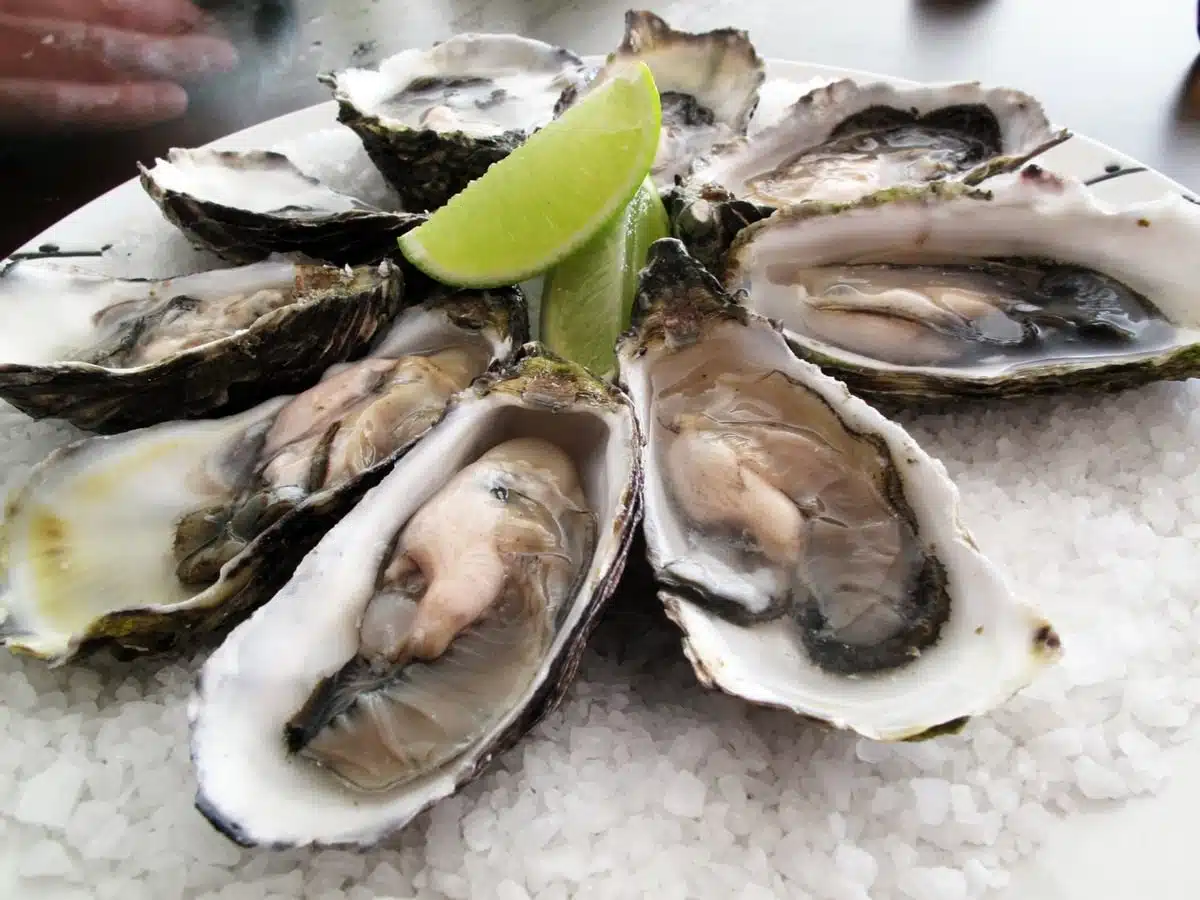The oyster aquaculture industry has been one of Rhode Island’s fastest growing sectors over the past 10 years. In 2023, over $8 million oysters were sold by farmers in Rhode Island, and across the U.S., oyster sales brought $327 million to the economy that year, according to figures cited by Boston Globe.
Interestingly, before oysters started to become mainstream in the 19th century, they were considered the poor man’s food. They were plentiful and inexpensive and often eaten by fishermen, dock workers, and those living near the sea. In the 1700s in Rhode Island, it was rare to see oysters being served to the elites of the city of Providence, not to talk of having an eatery that served these oysters being run by a former slave.
“Oysters were sloppy and dirty. And they were cheap,” Robb Dimmick, the co-founder and program director of Stages of Freedom, a non-profit focused on Black Rhode Island life and culture, told Boston Globe. He said oyster houses “were oftentimes cellars and were not glamorous places. And a woman would never go and enter an oyster house.”
But Emmanuel “Manno” Bernoon’s oyster business changed everything. After being enslaved by a well-known merchant from France and emancipated in 1736, Bernoon and his wife opened what would be the first restaurant in Providence, Rhode Island — an oyster bar and alehouse.
Located on Town Street, which is now South Main Street, Bernoon started his restaurant business at a time when most families hardly dined out because they cooked at home. Nevertheless, his restaurant became successful largely due to the fact that it was located almost at the mouth of Narragansett Bay, thus, people had to walk by his oyster house before coming into port, Boston Globe reported.
Soon, sea captains, merchants, sailors and people living along Town Street started patronizing his restaurant and its oysters.
“We know for a fact that Bernoon was serving the elites of Rhode Island and those who came into the port,” said Dimmick. “As an emancipated slave, Bernoon satisfied the cravings a thirsty generation and softened the heart of the softening town by way of a gratified and contented stomach.”
Bernoon served his oysters on tables set with glass cups and expensive pewter bowls — items that were seen as status symbols for the upper and middle classes at the time.
He essentially served his oysters this way to elevate the seafood. Indeed, Bernoon’s restaurant flourished, competing with eateries operated by white men at the time. In 1769 when he passed away, he left behind a house and personal estate valued at 539 pounds (about $175,000 today). Bernoon left almost everything to his wife, who supported his dreams while he was alive.
Years after his death, Thomas Downing, an abolitionist who was born to slaves, opened an oyster bar near Wall Street in New York City. He opened his bar in 1825 at a time when oysters were still connected to working class bars and brothels.
Downing’s bar decor was “much more impressive” than the cellars where most oyster bars were found at that time, according to Boston Globe. With this, the reputation of oysters was transformed, leading to a huge demand for shellfish throughout the 19th century.
Still, it was Bernoon’s initiative that helped Downing’s business to be successful; it was the former slave’s vision that helped increase American’s love for oysters.
Bernoon is buried in North Burial Ground in Providence with his gravestone in “rough shape” and his story known by only a few.

